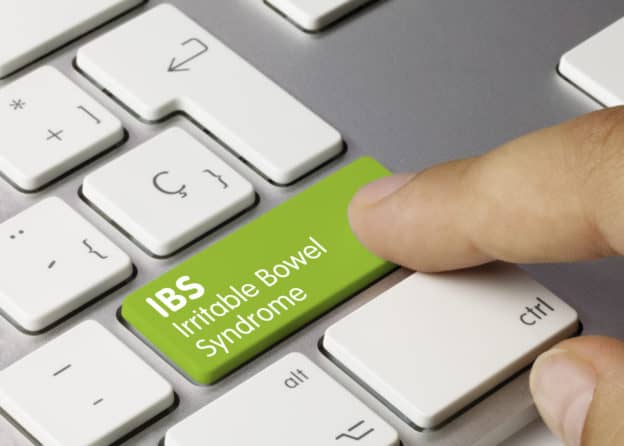CBD oil is one of the components of cannabis (marijuana). Cannabis has a long history of being used in medicine (I am talking centuries of use).
THC and CBD are two of the phytocannabinoids in marijuana. THC has been found to have many health benefits and medical uses and is also the substance that causes the “high”. CBD has many benefits and uses as well but does not cause a high. For this reason, it can be used by people without dangers of impaired judgment or other consequences of getting high.
This CBD can be extracted from the plant and packaged into oil for human consumption. Research has been done on CBD oil, and there are many demonstrated benefits.
- Analgesic (reduces pain)
- Antioxidant (reduces free radicals that cause cellular damage that can lead to cancer)
- Anticonvulsant (anti-seizure)
- Anti-nausea
- Anti-anxiety
- Anti-inflammatory
- Muscle relaxant
Anxiety and insomnia
CBD oil has been researched extensively in regard to anxiety. CBD oil relaxes people, improves sleep, and reduces stress. On theory is that CBD oil changes the way the brain responds to serotonin (the feel-good neurotransmitter). This promotes sleep and positive mood.
In one study 600mg CBD given to participants with Generalized Social Anxiety Disorder before taking a public speaking simulation test. CBD significantly reduced anxiety, cognitive impairment and discomfort in performance and significantly decreased alert in their anticipatory speech.
Digestive Health
CBD oil has been studied in regard to IBS and IBD. The strongest data is with Crohn’s Disease. The molecules involved in processing cannabis control and prevent intestinal inflammation. Studies have shown the following benefits:
- Less abdominal pain
- Less cramps (anti-spasmodic and muscle relaxant)
- Less diarrhea (same reason as above)
- Less nausea and vomiting
- Improved appetite
Thus CBD oil has become my newest favorite supplement to use in treating my clients (and myself!). The company I like best is VivaOil. Use the coupon vivadianne for 10% off.


